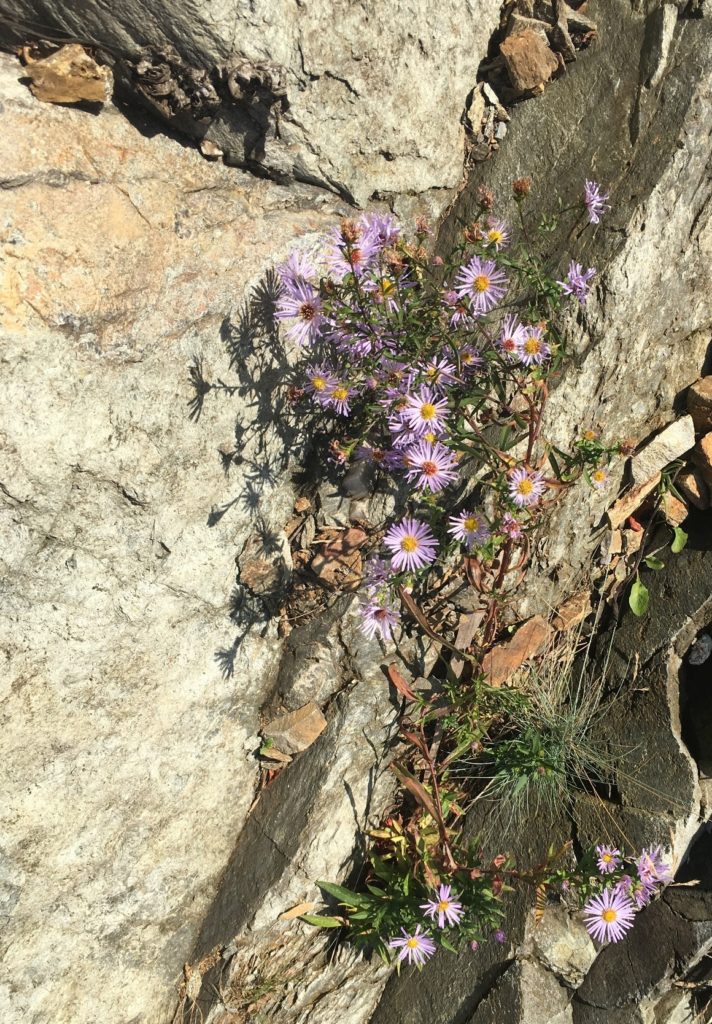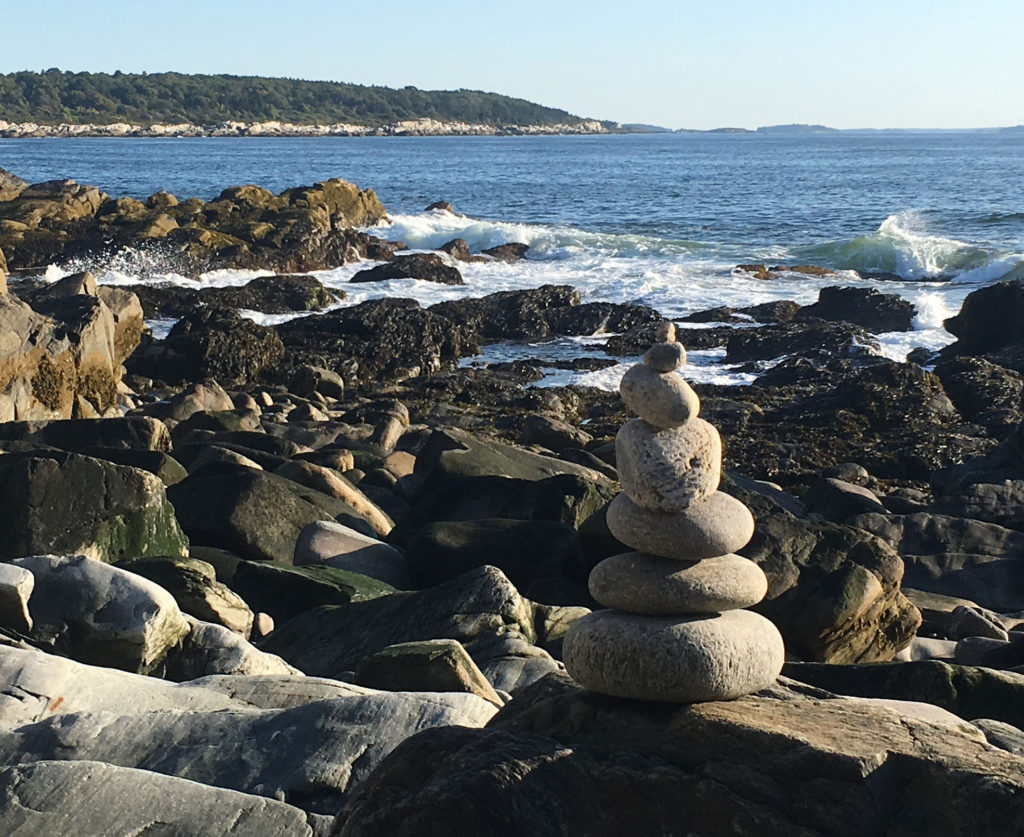In her recent workshop with our kehila, Rabbi Dr. Tirzah Firestone shared these words from the poet Rumi: “Moses and Pharaoh are both within you. You need to look for these two adversaries within yourself.”. As we approach Passover, I call on all of us to wrestle deeply with what it means to have both Moses and Pharaoh within us, and what our Jewish values call us to do in this time and place.
With the current visibility of the systemic impact of COVID on communities of color, the anti-Black police violence exposed nationally, as well as locally with the murders of Black community members Casey Goodson Jr. and Andre Hill, and the violence and antisemitism visible in the assault on the capital on January 6, it is all too clear that there is work to be done. It affects all of us – it is not anti-Black racism and anti-Asian racism and homophobia and antisemitism and all the other isms in isolation – it is white supremacy and hatred of the “other” that is spilling out against all of us. Like the Egyptian people who were afflicted by the plagues, even while it was Pharaoh who held state power, it is incumbent on all of us to pay attention to the ways we are participating in oppression, or standing by and not taking action to end it.
As I learn more about racism, I learn how I have benefited from the privileges that society provides to those seen as white, which have led me to fail in my intent to “not oppress the stranger” – where racism, classism and other isms have blinded me to ways I benefited at a cost to others. I continue to learn how those privileges have set standards of white supremacist culture which have cut me off from individual and community relationships which would make my own life richer.
I have long worked to support survivors of sexual and intimate partner violence, and with time I have become increasingly aware of the failures of our criminal legal system and the way we have leaned disproportionately on that system to fix issues that are far broader and deeper than that system can address, especially when the system itself is broken. I know for many “defund the police” seems implausible; I challenge those who have that reaction to reconsider. Growing efforts are showing that this can be implemented in ways that are not only plausible, but offer meaningful opportunities for community healing and increased safety.
The turning point for me was acknowledging how policing fails at keeping the community safe. For many of our neighbors the police do not keep them safe, and I have come to believe that it is by listening to and learning from those directly impacted by violence and trauma, who are asking for deep and meaningful societal change, that we will move toward justice.
Please plan to join us for a community conversation with Paisha Thomas from Faith in Public Life on Wednesday, March 31 at 7 pm for her program “What does it mean to defund the police?” Here is her description of the program: This is a town hall setup where people can bring their questions and hear clarifications about the call to action – defund police. We will define the current state of funding and how that affects taxpayers, and talk about ways in which we can reallocate funding to end spending related to aggressive, racist policing and increase support to community services.
Click here to view the event. Contact Debra Seltzer to register for the event.
Debra Seltzer
Past President
Member of Kehilat Sukkat Shalom


